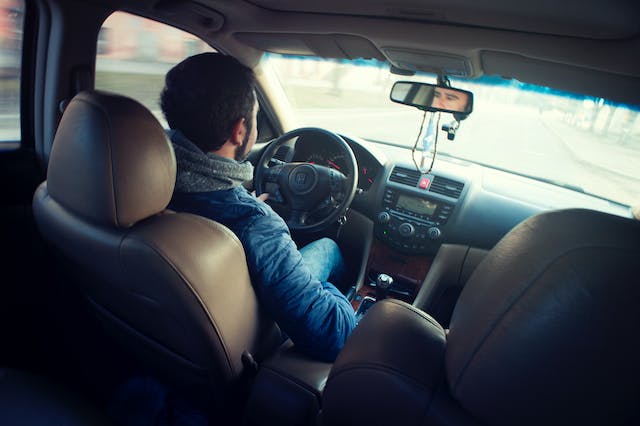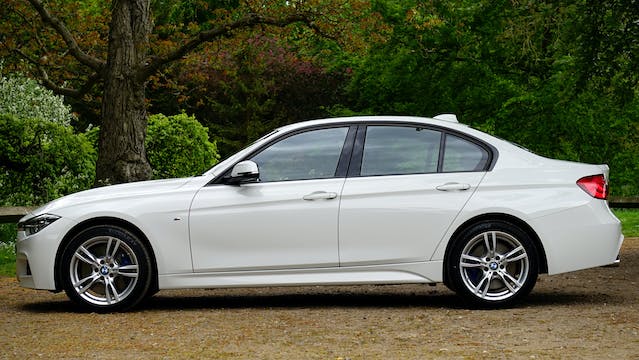For several decades now, emissions tests have been a familiar routine for most people who drive legally in the U.S. They are part of a larger effort to limit greenhouse gasses that contribute to climate pollution, and getting your vehicle’s emissions levels tested every year or two is a common requirement that helps keep dangerous emissions from gas-fueled cars as low as possible to protect the air quality around us.
Because it is not an annual requirement, it can be easy to overlook this pesky rule until it comes time to renew your plates. A failed test does not mean you can no longer operate your vehicle legally. However, it may mean you won’t be able to renew your plates until you make the necessary repairs.
When Do Emissions Tests Take Place?
If you are a registered driver in Illinois, you will receive a “Test Notice” in the mail about four months before your license plate is set to expire. Online resources such as this one provide a list of the nearest test locators, with information on where and when drivers can go to have the test done after being notified.
What Is an Emissions Test?
An emissions test is just what it sounds like – a test to ascertain whether harmful emissions are leaking from your vehicle to determine whether repairs should be made. The “On-Board Diagnostics (OBD) test,” as it is called, only takes a few minutes, and most drivers pass. According to the Illinois Air Team, “The OBD test consists of connecting a scan tool to a vehicle’s on-board computer to determine the OBD system status (readiness checks) and whether the Malfunction Indicator Lamp/Light (MIL) is commanded on (in which case it would be illuminated), and to retrieve any stored diagnostic trouble codes (DTCs).”
In short, drivers leave with a report following the test that lets them know what the results are. Whether you pass or not, you are legally allowed to continue driving; nothing else is required at that moment.
Does Every Vehicle Need to Pass an Emissions Test?
The answer is no. Most cars do need to pass in Illinois, but certain types of vehicles are exempt. While you should certainly double check, below is a list of just some of the vehicles that typically do not need to pass a test:
- Electric vehicles (EVs)
- Certain older cars and custom vehicles
- Diesel trucks
- Motorcycles
- Equipment and other vehicles that don’t get registered
Failed Emissions Tests Help Drivers Know What to Fix
Some drivers dread the news that their car has failed an emissions test. But the good news is that it lets them know something is wrong with their vehicle that needs to be fixed. Your local mechanic can take a look at the report, as well as your car, and determine what repairs can be made to get your car’s emissions back down to acceptable levels.
Passing an Emissions Test is Required of Most Illinois Drivers – But It Varies State to State
Passing an emissions test is required in most but not all states. Keep in mind that emissions rules have changed over the years, along with the frequency tests are required and where testing stations are located. Some states, such as Kansas, don’t require the tests at all. If you think you’re supposed to test your vehicle but haven’t received a notice in the mail, contact your local government to find out what steps to take next. The last thing you want is to be penalized for not having up-to-date plates just because your notice got lost in the mail!
Renew Your Plates at CFSC Auto Services
Driving with expired plates does pose a possible financial risk. While most drivers must pay a fee to renew their plates each year, they can face additional risks for driving with expired plates on top of that original fee they owe. In other words, if you are a driver, it doesn’t pay to ignore your emissions test or your local plate requirements.
But dealing with lost, stolen or out-of-date plates can be a hassle. That’s why the team at CFSC Auto Services is here to help. We will renew your plates for you so you can be in and out and avoid all the headaches! All you have to do is come in with the proper ID and payment and we will handle the rest. Call us in advance to make sure you have the proper paperwork and pay amount before heading over.
Stop by your nearest CFSC location to pick up your plates or stickers and to make sure all your other auto-related paperwork is in order.




